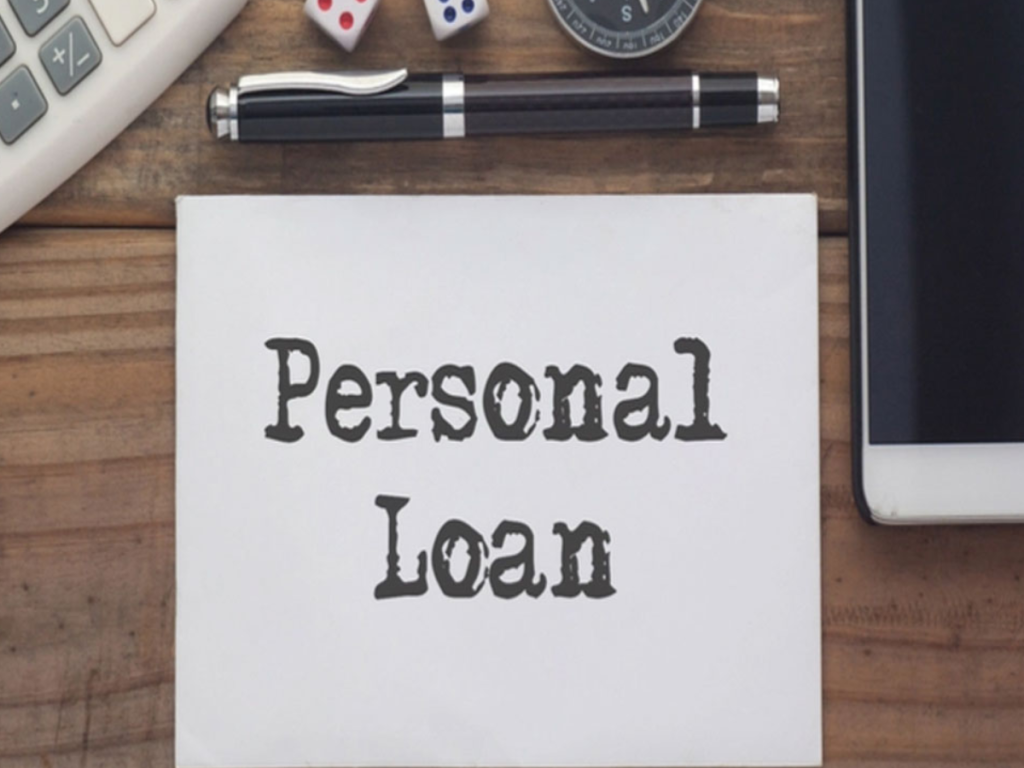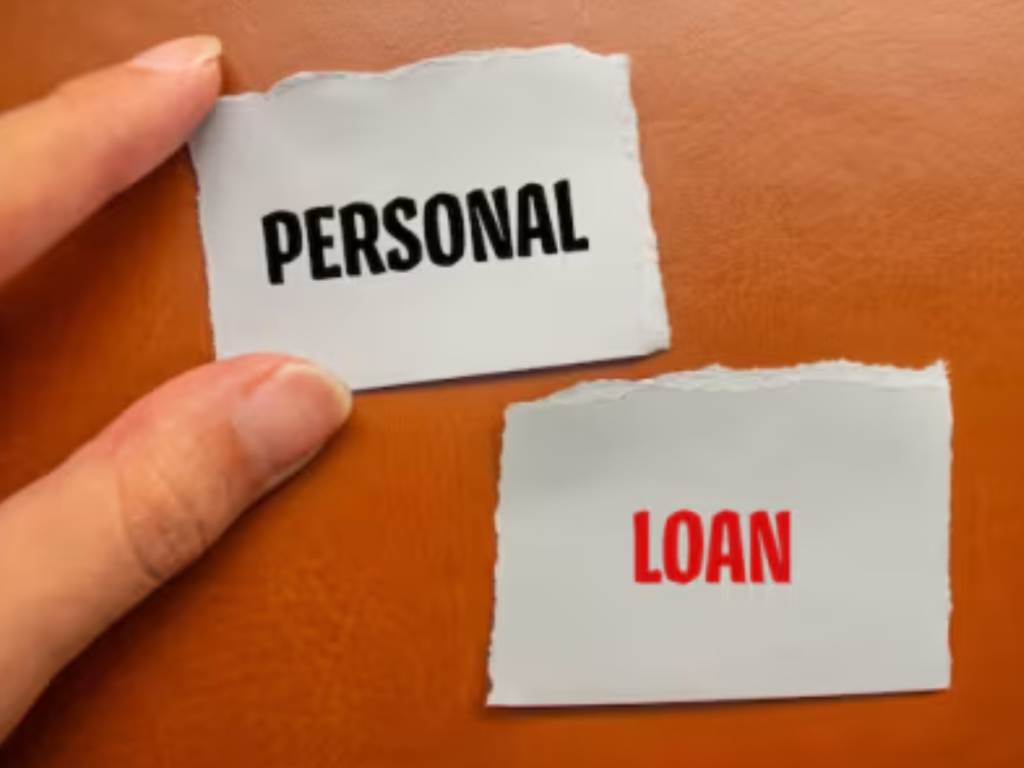Introduction
Emergencies are an inevitable part of life. Whether it’s an unexpected medical bill, an urgent car repair, a sudden job loss, or an unforeseen home repair, these situations often come without warning. They can throw your finances into disarray, especially if you don’t have a substantial emergency fund. The financial strain in such circumstances can be overwhelming, and many individuals find themselves scrambling to cover the costs. This is where personal loans can play a pivotal role.
A personal loan is an unsecured loan, meaning it doesn’t require collateral like a home or car. Instead, lenders assess your creditworthiness, income, and other financial factors to determine whether you’re eligible. When you face an emergency, a personal loan can provide the financial breathing room you need to navigate the situation without jeopardizing your financial stability.
This article explores how personal loans can help you avoid financial setbacks in emergencies and why they are a practical solution for many individuals.
Understanding Personal Loans
Before we delve into the benefits of personal loans, it’s essential to understand what they are and how they work. A personal loan is a type of loan that can be used for various purposes, including debt consolidation, home improvement, or covering unexpected costs like medical bills or emergency repairs. Personal loans are typically offered by banks, credit unions, and online lenders.
The loan amount, interest rate, and repayment terms can vary depending on the lender, your credit score, and your financial situation. Personal loans are generally repaid over a fixed period, usually ranging from one to five years, with monthly payments that include both principal and interest.
Unlike other types of loans, personal loans do not require collateral, which means they are unsecured loans. This makes them a more accessible option for many people, as they do not risk their assets to obtain the funds they need. However, because personal loans are unsecured, they may come with higher interest rates compared to secured loans like mortgages or car loans.
Why Personal Loans Are Useful in Emergencies
Emergencies can occur at any time, often when you least expect them. In such situations, having access to immediate funds can make a significant difference in how quickly and efficiently you can resolve the issue. Personal loans offer several advantages that can help you avoid financial setbacks in these stressful circumstances.
1. Quick Access to Funds
One of the most significant advantages of personal loans is the speed at which you can access funds. Many lenders offer quick approval and disbursal processes, which can be a lifesaver when you’re facing an urgent financial need. Depending on the lender, you may be able to get approved for a personal loan within a few hours or days, and the funds can be deposited into your bank account shortly afterward.
In emergencies, time is often of the essence. Whether it’s a medical emergency requiring immediate treatment or a home repair that cannot wait, having quick access to cash can help you address the issue promptly. Personal loans provide the flexibility to cover these costs without delay, reducing the stress of not having enough money to handle the situation.
2. Flexibility of Use
Another reason why personal loans are ideal in emergencies is their versatility. Unlike specific-purpose loans, such as auto loans or mortgages, personal loans can be used for nearly anything. This makes them an excellent option when facing an emergency that might involve several different expenses, such as medical bills, repair costs, or travel expenses to deal with a family emergency.
You don’t need to specify how you intend to use the loan, giving you the flexibility to allocate the funds as needed. Whether you need to pay for medical procedures, repair your home, or cover the costs of transportation and accommodation during an emergency, personal loans provide the financial flexibility to address various urgent needs.
3. No Collateral Required
Personal loans are unsecured, meaning they don’t require you to pledge any collateral, such as your home or car, to secure the loan. This is particularly beneficial in an emergency, as you don’t want to risk losing your valuable assets when you’re already in a difficult situation.
In many emergencies, you might not have enough assets to offer as collateral or might not want to take the risk of using them. A personal loan can provide the necessary funds without requiring you to put your property on the line. This makes personal loans a safer option than secured loans when you need urgent financial assistance.
4. Fixed Monthly Payments
When facing an emergency, the last thing you want is to worry about fluctuating payments or being caught off guard by unexpected changes in your financial obligations. Personal loans typically come with fixed monthly payments, which means that you’ll know exactly how much you need to pay each month. This can help you budget and manage your finances more effectively during a challenging time.
Fixed payments provide peace of mind, as they eliminate the uncertainty associated with other types of loans, such as credit cards or lines of credit, which may have variable interest rates and fluctuating payments. With a personal loan, you can create a repayment plan that fits your budget, helping you avoid further financial strain.
5. Lower Interest Rates Compared to Credit Cards
Credit cards are a common source of emergency funding for many individuals. However, credit cards often come with high-interest rates, especially if you carry a balance from month to month. These high rates can quickly accumulate, making it harder to pay off the balance and causing you to fall deeper into debt.
In contrast, personal loans typically offer lower interest rates compared to credit cards. Depending on your credit score and financial profile, you may be able to secure a personal loan with a much lower interest rate, which can save you money in the long run. This makes personal loans a more cost-effective option for covering emergency expenses, as you won’t have to pay as much in interest.
6. Helps You Avoid Using Savings
In some cases, people may have an emergency fund or savings set aside for unexpected expenses. However, using these savings to cover an emergency can quickly deplete your financial cushion, leaving you vulnerable to future emergencies. By taking out a personal loan, you can preserve your savings while still addressing the immediate need.
Having savings is crucial for long-term financial stability, and using them to cover an emergency can set you back in the future. Personal loans allow you to maintain your savings while still addressing the emergency, giving you the breathing room to rebuild your financial foundation once the situation is resolved.
7. Credit Score Boost
While this might not be an immediate benefit in an emergency, using a personal loan responsibly can help improve your credit score over time. When you take out a personal loan and make timely payments, it demonstrates your ability to manage credit responsibly, which can positively impact your credit score.
A higher credit score can provide future financial benefits, such as better interest rates on loans and credit cards. While a personal loan is primarily designed to help in emergencies, managing it well can have long-term advantages for your financial health.
When to Consider a Personal Loan
While personal loans can be incredibly helpful in emergencies, they are not always the right solution for every situation. Before taking out a personal loan, consider the following factors to ensure that it’s the right choice for you:
- Assess the urgency of the situation: If the emergency can be delayed or avoided, it may be worth considering other options before taking on debt. However, if the emergency is urgent and cannot be postponed, a personal loan may be the most effective way to resolve it.
- Evaluate your ability to repay the loan: Make sure you can comfortably afford the monthly payments, especially if your income has been affected by the emergency. Taking on debt that you can’t repay could worsen your financial situation.
- Compare loan options: Shop around and compare personal loan offers from different lenders to ensure that you get the best terms, including the lowest interest rate and the most favorable repayment schedule.
- Understand the costs: Make sure to consider any fees, such as origination fees, that might be associated with the loan. These additional costs can add to the overall amount you need to repay.
Conclusion
Personal loans can be a lifeline during financial emergencies, providing quick access to funds, flexibility of use, and manageable repayment terms. They offer a solution to cover unforeseen expenses without depleting your savings or risking valuable assets. While it’s important to assess your ability to repay the loan and compare options before borrowing, personal loans are a practical tool that can help you navigate emergencies and avoid long-term financial setbacks.
In a world where emergencies can strike at any time, having a personal loan as a financial option can provide peace of mind and the security to handle unforeseen events with confidence.

